Ever finished a meal only to find your stomach grumbling twenty minutes later? That frustrating post-meal hunger isn’t just annoying—it might be your body trying to tell you something important.
Understanding why you’re still hungry after eating can help you make better food choices and finally feel satisfied after meals.
1. Not Enough Protein

Protein is your hunger-fighting superhero. Without enough of it on your plate, your body keeps sending “I’m hungry!” signals to your brain.
Try adding eggs, chicken, beans, or tofu to your meals. Most adults need 20-30 grams of protein per meal to feel properly full.
2. Skimping On Fiber

Fiber acts like a sponge, expanding in your stomach and slowing digestion. When your meal lacks this magical ingredient, food zips through your system too quickly.
Whole grains, beans, fruits with skin, and veggies are fiber superstars. Aim for at least 8 grams of fiber per meal.
3. Drinking Your Calories
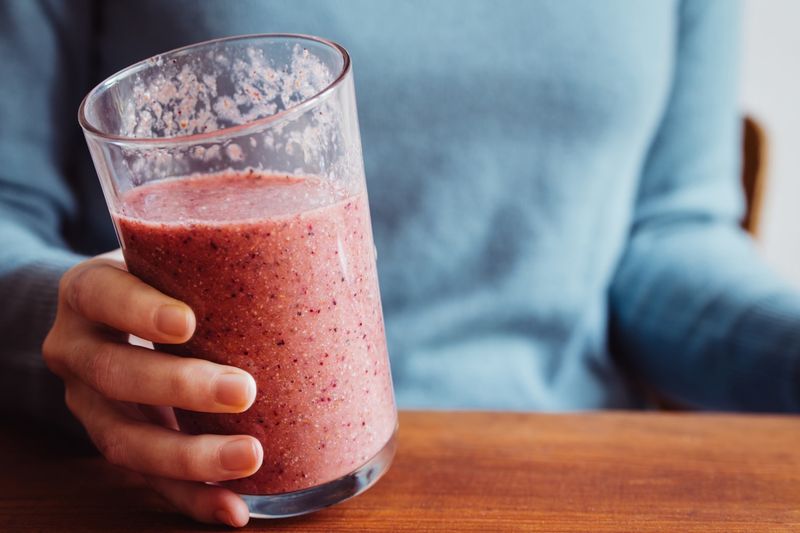
Smoothies and juices disappear too quickly! Your body doesn’t register liquid calories the same way as solid food, leaving you unsatisfied despite consuming plenty of energy.
That morning orange juice might contain as many calories as a small meal, yet provides almost none of the fullness benefits.
4. Eating Too Quickly

Speed-eating champions might win contests, but they lose the satiety battle! Your brain needs about 20 minutes to register fullness signals from your stomach.
Wolfing down lunch at your desk means you might finish before your brain gets the memo. Try putting your fork down between bites or timing your meals.
5. Too Many Simple Carbs

White bread, sugary cereals, and pastries are like hunger boomerangs—they come right back at you! These foods spike your blood sugar quickly, followed by a crash that triggers hunger again.
Your body digests them lightning-fast, leaving your stomach empty and grumbling within an hour or two after eating.
6. Mindless Eating
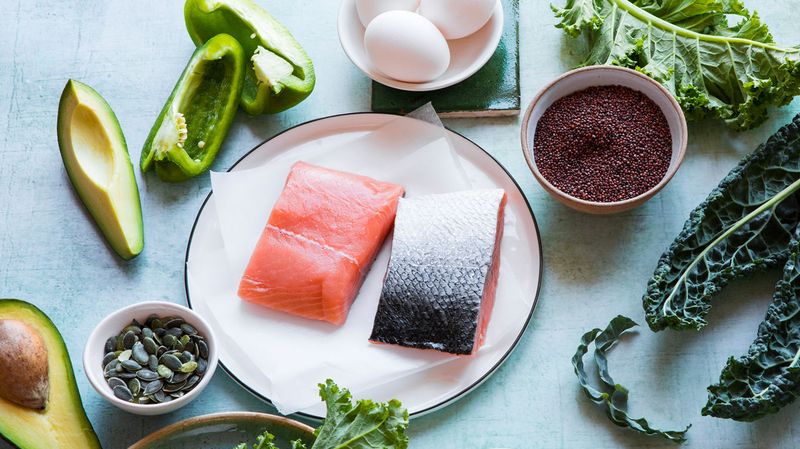
Scrolling through social media or watching TV while munching means your brain doesn’t fully register what you’re eating. The disconnection between your mouth and mind leads to phantom hunger later.
Studies show distracted eaters consume more calories at their next meal than those who dine mindfully.
7. Dehydration Disguised As Hunger

That rumbling stomach might actually be crying out for water, not food! The hunger and thirst signals in your brain are neighbors and often get their wires crossed.
Next time you feel hungry shortly after eating, try drinking a tall glass of water and waiting 15 minutes. You might be surprised how often the hunger disappears.
8. Emotional Eating Triggers

Stress, boredom, and sadness can masquerade as physical hunger. Your body might crave comfort foods when what you really need is comfort, not calories.
These false hunger signals persist regardless of how recently you’ve eaten. Try keeping a mood and hunger journal to spot patterns between your emotions and eating urges.
9. Not Enough Healthy Fats

Fat-free diets were all the rage in the ’90s, but we’ve learned better! Healthy fats from avocados, nuts, and olive oil slow digestion and keep hunger at bay for hours.
Without fat, food races through your digestive system. A tablespoon of nut butter or half an avocado can transform a meal from disappointing to satisfying.
10. Medication Side Effects

Some prescriptions come with an unwanted side dish of increased appetite! Certain antidepressants, steroids, and diabetes medications can make you feel ravenous regardless of what you’ve eaten.
If your hunger seemed to skyrocket after starting a new medication, have a chat with your doctor about alternatives or management strategies.
11. Insulin Resistance

When your cells become resistant to insulin, they can’t properly use glucose for energy. This metabolic miscommunication leaves you feeling hungry despite adequate calories.
Imagine your body as a car with a full gas tank but a broken fuel line—plenty of energy available but none getting to the engine!
12. Restrictive Dieting

Slashing calories too drastically backfires spectacularly! Your body thinks famine has struck and responds by cranking up hunger hormones to protect you from starvation.
This biological survival mechanism doesn’t care about beach season or fitting into jeans. Moderate approaches to calorie reduction work better than extreme cuts.
13. Disrupted Sleep Patterns

Tossing and turning all night throws your hunger hormones into chaos! Sleep deprivation increases ghrelin (the “feed me” hormone) while decreasing leptin (the “I’m satisfied” signal).
Even one night of poor sleep can increase hunger by up to 24%. Your body tries to compensate for energy lost from lack of rest by demanding more food.
14. Highly Processed Foods
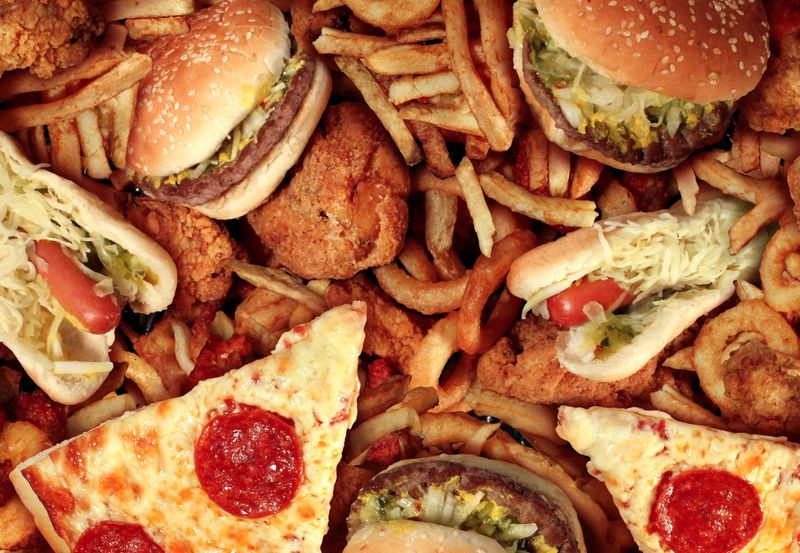
Ultra-processed foods are engineered to be crave-worthy but not satisfying. They hit your brain’s pleasure centers without triggering the same fullness signals as whole foods.
The perfect combination of salt, sugar, and fat in these products keeps you coming back for more. Your brain says “yum!” while your stomach says “still empty!”
15. Missing Meals Or Snacks
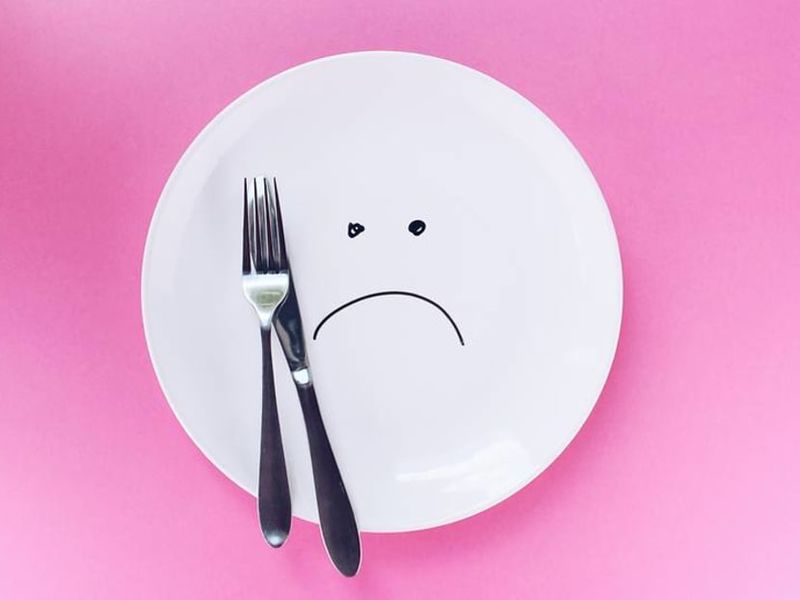
Skipping breakfast or waiting too long between meals sets you up for hunger rebellion later. Your body compensates for missed nutrition by ramping up appetite signals.
Even if you eat a decent-sized lunch, your total daily intake might be too low. Regular eating schedules help maintain stable blood sugar and prevent excessive hunger.
16. Thyroid Imbalances

Your thyroid is like your body’s gas pedal—when it’s revving too high (hyperthyroidism), you burn calories faster than you can eat them! This metabolic imbalance can leave you constantly hungry.
Unexplained hunger plus weight changes, temperature sensitivity, or fatigue might warrant a thyroid check with your doctor.
17. Portion Distortion
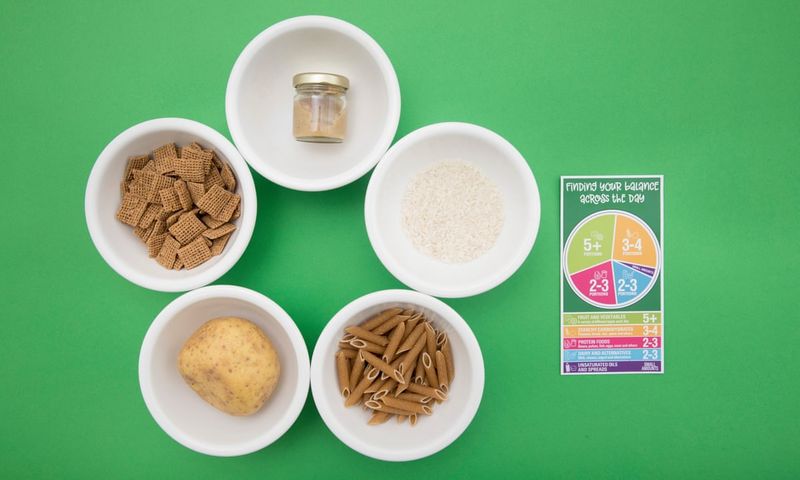
Restaurant plates have grown by 36% since the 1960s, warping our perception of appropriate portions. What looks like a “normal” serving today might be half what your body actually needs.
If you’re basing your meals on calorie-tracking apps without measuring, you might consistently undereat. Actual chicken breasts are often twice the size of the “standard” 3-ounce serving!
18. Too Much Exercise Without Refueling

Crushing that spin class burns serious calories that need replacing! Athletes who don’t properly refuel after workouts experience persistent hunger as their bodies desperately seek recovery nutrition.
Intense exercise increases your calorie needs significantly. What was once enough food might now leave you with an energy deficit and stubborn hunger signals.
19. Food Intolerances Or Allergies

When your body can’t properly digest certain foods, nutrients may pass through without being absorbed. This stealth malnutrition triggers hunger despite consuming adequate calories.
Undiagnosed celiac disease, for example, damages the intestinal lining, preventing proper nutrient absorption. Your body keeps requesting food because it’s not getting what it needs.
20. Low-Fat Or Diet Products

“Diet” foods often replace fat with extra sugar or artificial sweeteners. These substitutes can trick your taste buds but fail to trigger the same satiety signals as their full-fat counterparts.
Your body isn’t fooled for long! Without the staying power of real fat, hunger returns quickly. Real yogurt with fat will keep you fuller than the fat-free version with added sugar.

